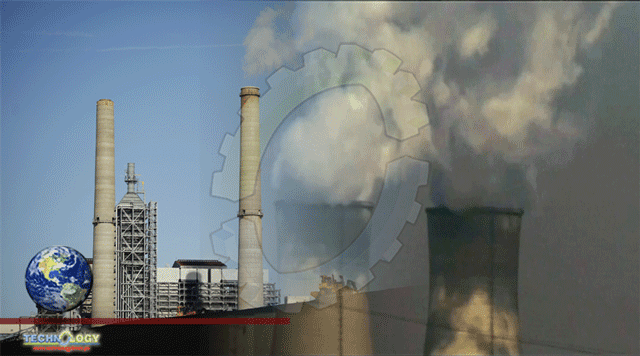From wildfires to sea level rise and heat waves, climate change is having a dramatic societal impact on the environment and people’s health and well-being.

From wildfires to sea level rise and heat waves, climate change is having a dramatic societal impact on the environment and people’s health and well-being.
So what can the world do about it?
That’s the focus of the third and final report — released Monday — from a recent cycle of climate discussions among scientists with the United Nations’ Intergovernmental Panel on Climate Change. More than 230 authors contributed to the report, which summarizes researchers’ best thinking on how to reduce emissions of the greenhouse gases that are causing climate change.
Previous reports detailed the physical changes the world is experiencing because of climate change and how they are already affecting society.
In a news conference about the report’s findings, U.N. Secretary-General António Guterres chided global leaders in a searing critique, saying the new report highlighted “a litany of broken climate promises” and a catalog of “shame” showing the world is on the wrong track.
“Government and business leaders are saying one thing and doing another. Simply put, they are lying,” he said.
Still, the latest report strikes a somewhat hopeful tone about energy transition and suggests achievable solutions are in hand.
Renewable energy costs are plummeting and investment in electric vehicles has provided a vision of the path forward, the scientists suggest.
“We are at a crossroads. This is the time for action. We have the tools and know-how required to limit warming and secure a liveable future” IPCC Chair Hoesung Lee said during the news conference announcing the report.
But the stakes have never been greater.
“Unless there are immediate and deep emissions reductions across all sectors, limiting warming to 1.5 degrees [Celsius] will be beyond reach,” said Jim Skea, a professor of sustainable energy at Imperial College London and one of the report’s co-chairs. “Without immediate and deep emissions reductions across all sectors, it will be impossible.”
Here are five key takeaways from the report’s summary.
The electrification of transportation is a good sign
Transportation represented about 15 percent of global greenhouse gas emissions in 2019 and in the past, it wasn’t clear how to rapidly decarbonize vehicles.
But, the world has come a long way since 2014 when scientists last assessed progress on reducing emissions with the IPCC.
Electric vehicle advertisements dominated Super Bowl advertising in the United States and a global race to mine metals for clean energy is underway.
“The technology that’s available has really transformed the idea that the transport sector … can’t get its emissions down to zero,” said Jae Edmonds, the chief scientist at the Pacific Northwest National Laboratory’s Joint Global Change Research Institute, and an author of the IPCC report. “You can see a pathway that could take you there.”
Renewable energy, more broadly, has become cheaper, the report says. Since 2010, the cost of batteries and solar energy have fallen about 85 percent. The cost of wind power has dropped by 55 percent.
“In some cases, costs have fallen below fossil fuels,” Skea said.
This post was originally published by NBC News.